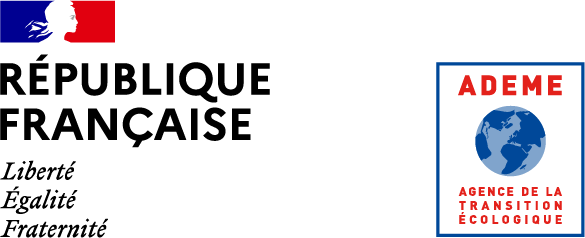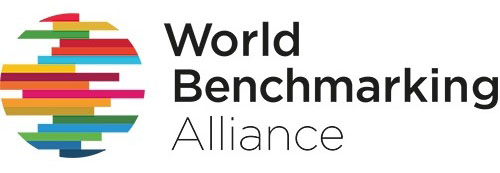After testing the ACT Adaptation methodology with 13 volunteer companies, we are glad to announce the release of the ACT Adaptation methodology!
The world has already exceeded +1°C global warming compared to the pre-industrial period (1850-1900). With the temperature rising, climate change has been definitively linked with severe and widespread consequences across the globe.
Mitigation efforts need to be taken and now adaptation to the current and future climate system is also essential for all actors (private actors, companies, territories, governments etc.).
A lack of standardized and operational frameworks for analysing physical risks and assessing the adaptation strategies of private actors led us to develop ACT Adaptation methodology*.
This methodology applies to companies from all sectors, size, and geographical location. With mitigation, these two parts of the ACT initiative can be combined to obtain a comprehensive climate strategy assessment.
ACT Adaptation:
- Aims at assessing the quality and comprehensiveness of company’s adaptation strategy, from their physical risk analysis to their governance, considering the entire value chain.
- It is not a risk analysis methodology and does not provide guidance and tools to analyse the potential negative consequences from physical climate events or trends on the company.
- ACT Adaptation quantifies and qualifies to what extent a company has implemented a comprehensive, coherent, effective, and robust adaptation strategy along its entire value chain; or it can help companies to understand what makes a robust adaptation strategy, to start developing it.
? “ACT Adaptation helped us to better structure our approach to these issues by providing us with a framework and a kind of operating manual for our adaptation process.” Manon DURBEC, Labeyrie Fine Foods
ADEME would like to thank all these contributors for their involvement, which has made it possible to develop the ACT Adaptation methodology!
*Existing standards provide generic guidelines and recommendations (e.g. ISO 14090 and ISO 14091).



